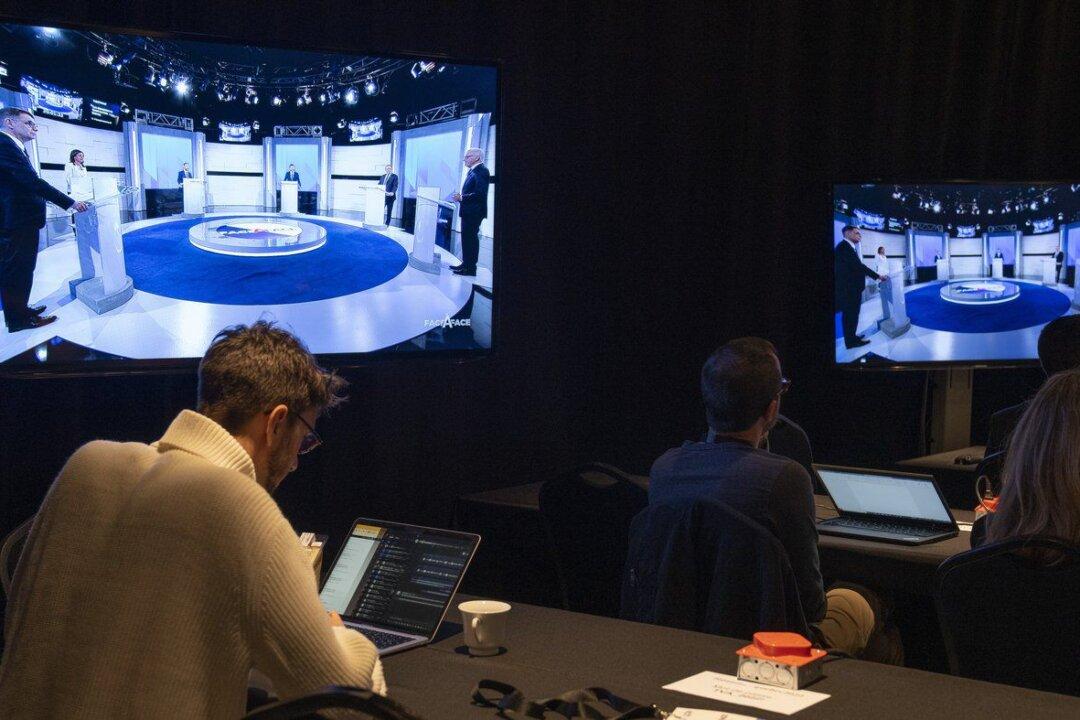The Parti Québécois has battled historic lows in its popular support throughout 2022 as many supporters in Quebec shift their single-minded focus on sovereignty to other concerns.
Yannick Dufresne, a political science professor at Laval University, says he believes just over one-third of Quebecers support political independence for the province, yet throughout 2022 the PQ has placed fifth in opinion polls among the five major parties taking part in the Oct. 3 provincial election.





